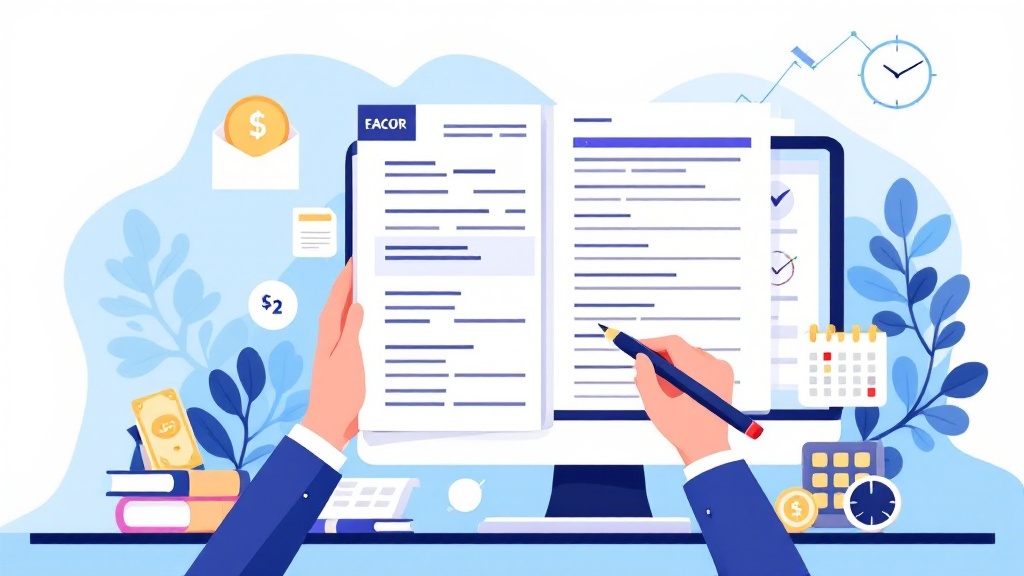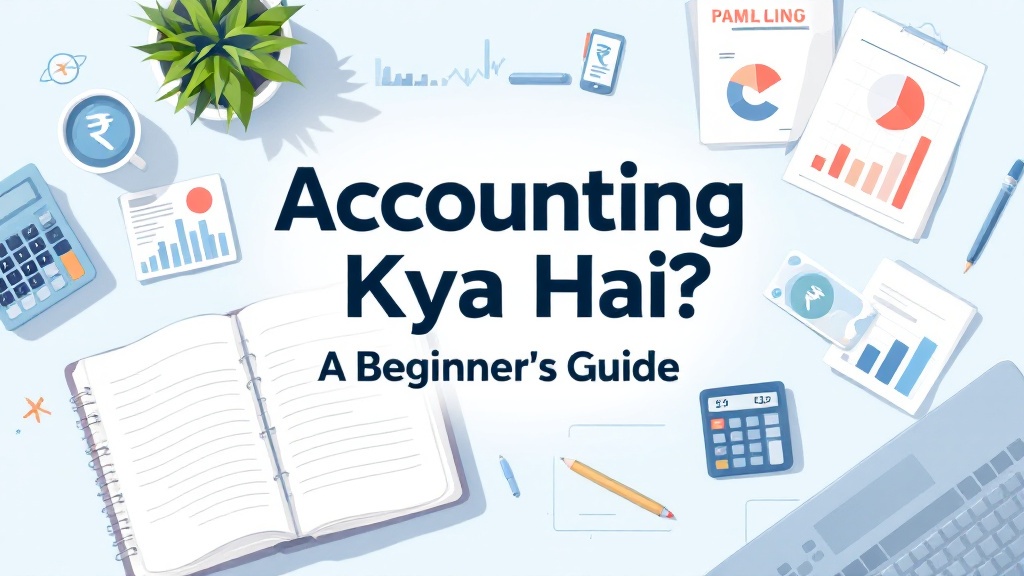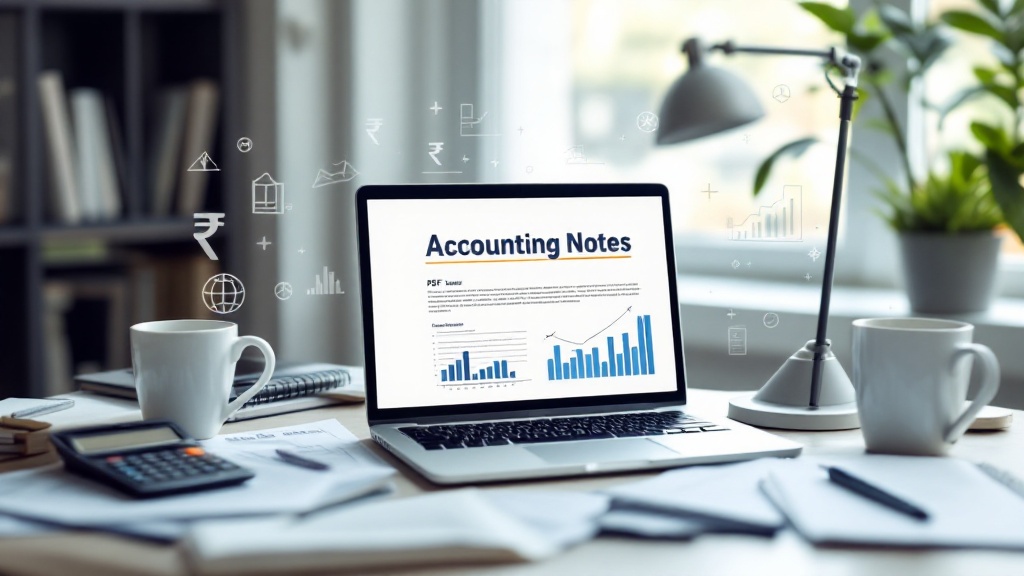CA Process in India: A Complete Guide to Becoming a Chartered Accountant
Table of Contents
Most Read
[fusion_dropcap class="fusion-content-tb-dropcap"]I[/fusion_dropcap]f you’re planning to pursue a career in finance, taxation, or accounting in India, becoming a Chartered Accountant (CA) is one of the most respected and rewarding paths. But how exactly do you become a CA? What are the stages involved? What can you expect during the journey?
In this comprehensive blog post, we’ll walk you through the entire CA process in India, from registration to qualification, and give you valuable tips and insights to help you succeed.
Table of Contents
- What is a Chartered Accountant?
- Why Choose the CA Profession?
- Who Conducts the CA Exams?
- Step-by-Step CA Process in India
- Foundation Course
- Intermediate Course
- Articleship Training
- CA Final Course
- Timeframe to Become a CA
- Key Skills Required for CAs
- Career Opportunities After Becoming a CA
- Tips to Crack CA Exams
- Final Thoughts
1. What is a Chartered Accountant?
A Chartered Accountant (CA) is a professional who is qualified to handle financial records, tax filings, audits, financial analysis, and business strategy. CAs play a crucial role in maintaining transparency, financial health, and regulatory compliance for individuals, businesses, and governments.
2. Why Choose the CA Profession?
- High Demand: Chartered Accountants are always in demand across industries.
- Prestige: It’s a highly respected profession in India.
- Lucrative Salary: A fresh CA can earn between ₹6–₹10 LPA, and experienced CAs often earn much more.
- Global Opportunities: Indian CAs are recognized in countries like the UK, Canada, and Australia.
3. Who Conducts the CA Exams?
The Institute of Chartered Accountants of India (ICAI) is the only body authorized to regulate and conduct CA examinations in India. Founded in 1949, ICAI is one of the largest accounting bodies in the world.
4. Step-by-Step CA Process in India
Let’s break down the CA journey into 4 main stages:
A. CA Foundation Course
Eligibility:
- Must have passed Class 12 from a recognized board.
- Can register after completing the 10th, but can appear in the Foundation exam only after 12th.
Subjects:
- Principles and Practice of Accounting
- Business Laws and Business Correspondence
- Business Mathematics and Logical Reasoning
- Business Economics
Duration:
Minimum 4 months of study after registration.
Exams:
Held twice a year – in May and November.
Pass Criteria:
- Minimum 40% marks in each paper
- Overall 50% aggregate
B. CA Intermediate Course
Once you clear the Foundation level, the next step is the Intermediate Course, which dives deeper into accounting, law, taxation, and auditing.
Eligibility:
- Pass CA Foundation, OR
- Direct entry after graduation (Commerce grads with 55%, others with 60%)
Subjects (8 papers divided into 2 groups):
- Group 1:
- Accounting
- Corporate and Other Laws
- Cost and Management Accounting
- Taxation
- Group 2:
5. Advanced Accounting
6. Auditing and Assurance
7. Enterprise Information Systems & Strategic Management
8. Financial Management & Economics for Finance
Duration:
- Minimum 8 months of study period after registration.
Pass Criteria:
- 40% in each subject
- 50% aggregate in each group
C. Articleship Training (Practical Training)
This is perhaps the most important phase in your CA journey. You must undergo 3 years of mandatory practical training under a practicing Chartered Accountant.
Eligibility:
- Pass at least one group of CA Intermediate.
Key Features:
- Hands-on experience in accounting, taxation, audits, and client interaction.
- You may opt for industrial training in the last 9–12 months in companies like Deloitte, EY, KPMG, etc.
D. CA Final Course
This is the last and most challenging stage of the CA process.
Eligibility:
- Complete CA Intermediate and 2.5 years of articleship.
Subjects (8 papers divided into 2 groups):
- Group 1:
- Financial Reporting
- Strategic Financial Management
- Advanced Auditing and Professional Ethics
- Corporate and Economic Laws
- Group 2:
5. Strategic Cost Management and Performance Evaluation
6. Elective (Choose 1: Risk Management, International Taxation, etc.)
7. Direct Tax Laws
8. Indirect Tax Laws
Duration:
- Can be attempted in the last 6 months of articleship.
Pass Criteria:
- 40% in each subject
- 50% aggregate in each group
5. Timeframe to Become a CA
Here’s a general timeline:
| Stage | Minimum Duration |
|---|---|
| Foundation | 6 months (incl. prep) |
| Intermediate | 8 months |
| Articleship | 3 years |
| CA Final | During final year |
| Total Duration | 4.5 to 5 years |
If you’re consistent and clear each level in the first attempt, you can become a CA by the age of 22–23.
6. Key Skills Required for CAs
To thrive as a CA, develop these essential skills:
- Analytical thinking
- Attention to detail
- Strong mathematical and logical ability
- Good communication and presentation
- Ethical and responsible conduct
7. Career Opportunities After Becoming a CA
Chartered Accountants are valued across industries. Here are some of the most popular career paths:
- Public Practice: Start your own CA firm
- Corporate Jobs: Work in MNCs, banks, or startups
- Government Sector: Opportunities in PSUs, SEBI, RBI, etc.
- Consulting & Advisory: GST, tax planning, audit consulting
- International Opportunities: After clearing international certifications like CPA (US), ACCA (UK)
8. Tips to Crack CA Exams
- Stay Consistent: Avoid last-minute cramming. Follow a study routine.
- Use ICAI Material: Always refer to ICAI study modules and RTPs.
- Revise Regularly: At least 3 rounds of revision before the exam.
- Mock Tests: Take mock exams to improve time management.
- Stay Healthy: Prioritize mental and physical well-being.
9. Final Thoughts
The CA process in India is rigorous but absolutely rewarding. It requires discipline, dedication, and determination. If you’re passionate about finance, taxation, and making a real impact in the business world, this is the career for you.
At the end of this journey, you won’t just earn a title—you’ll earn respect, opportunities, and a lifelong career that constantly evolves with the economy.
Visit Our Website : Accounting24.in









